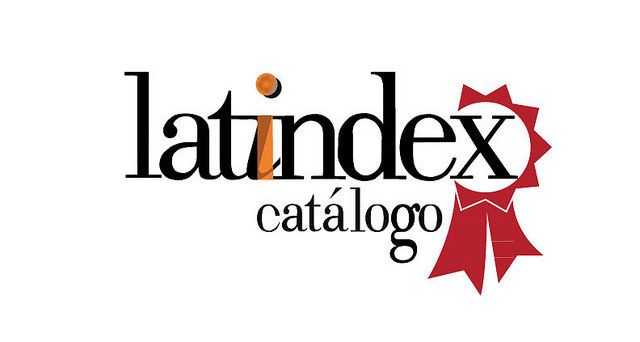Anthropology and the narrators of globalization
DOI:
https://doi.org/10.29340/en.v1n1.23Keywords:
anthropological knowledge, globalization process, structures of othernessAbstract
Gustavo Lins Ribeiro's text raises key questions to rethink the current situation of anthropology. His historical overview shows that few foundational features persevere because the world has mutated since the 19th century and the first half of the 20th. A past defining characteristic - "understanding the structures of otherness" - is blurred when we recognize that anthropology can no longer be "the cosmopolitics of the West", nor "the celebration of the white man's power".
Downloads
References
Abélès, Marc (2011). Des anthropologues à l’omc, París: cnrs éditions.
Aroch Fugellie, Paulina (2015). Promesas irrealizadas. El sujeto del discurso poscolonial y la nueva división internacional del trabajo. Serie Zona Crítica. México: Siglo XXI.
Besserer, Federico y Raúl Nieto (2015). La ciudad transnacional comparada. Modos de vida, gubernamentalidad y desposesión. México: conacyt/uam/Juan Pablos Editor.
Dirlik, Arif (2007). Global Modernity. Modernity in the Age of Global Capitalism. Boulder: Paradigm Publishers.
Elhaik, Tarek y George E. Marcus (2012). “Diseño curatorial en la poética y política de la etnografía actual: una conversación entre Tarek Elhaik y George E. Marcus”, Revista de Ciencias Sociales, núm. 42, Quito, enero. DOI: https://doi.org/10.17141/iconos.42.2012.363
García Canclini, Néstor (2010). La sociedad sin relato. Antropología y estética de la inminencia. Buenos Aires: Katz. DOI: https://doi.org/10.2307/j.ctvm7bcb0
— coord. (2015). Hacia una antropología de los lectores. México: Fundación Telefónica/uam/Ariel.
Harari, Yuval Noah (2016). Homo Deus, breve historia del mañana. Barcelona: Penguin Random House.
Lechner, Norbert. (1998). “Nuestros miedos”, Perfiles Latinoamericanos, núm. 13, pp. 179-198.
Lins Ribeiro, Gustavo (2003). Postimperialismo: cultura y política en el mundo contemporáneo. Serie Culturas. Barcelona: Gedisa.
— y Carlos Alba (2016). La globalización desde abajo. La otra economía mundial. México: fce.
Martín Barbero, Jesús. (1998). De los medios a las mediaciones: comunicación, cultura y hegemonía. Santafé de Bogotá: Convenio Andrés Bello.
Ortiz, Renato (1997). Mundialización y cultura. Buenos Aires: Alianza.
Spivak, Gayatri (2012). An Aesthetic Education in the Era of Globalization. Cambridge: Harvard University Press. DOI: https://doi.org/10.4159/9780674257931
Williams Woolley, Anita (2016). “Sabiduría en grupo”, El País, 31 de enero, p. 2.
Yúdice, George (2002). El recurso de la cultura. Usos de la cultura en la era global. Barcelona: Gedisa.
Downloads
Published
Issue
Section
License
Copyright (c) 2018 Encartes Antropológicos

This work is licensed under a Creative Commons Attribution-NonCommercial 4.0 International License.
Aviso de derechos de autor
- Los autores/as conservan los derechos de autor y ceden a la revista el derecho a la primera publicación con el trabajo registrado con la licencia de atribución Creative Commons, que permite a terceros utilizar lo publicado siempre que mencionen la autoría del trabajo y a la primera publicación en esta revista
- Los autores/as pueden realizar otros acuerdos contractuales independientes y adicionales para la distribución no exclusiva de la versión del artículo publicado en esta revista (por ej. Incluirlo en un repositorio institucional o publicarlo en un libro) siempre que indiquen claramente que el trabajo se publicó por primera vez en esta revista.
El material puede ser copiado, distribuido, comunicado, ejecutado públicamente. Se pueden hacer obras derivadas de él. No se puede utilizar para fines comerciales. Se debe reconocer y citar la obra de la forma en que tú especifiques.










